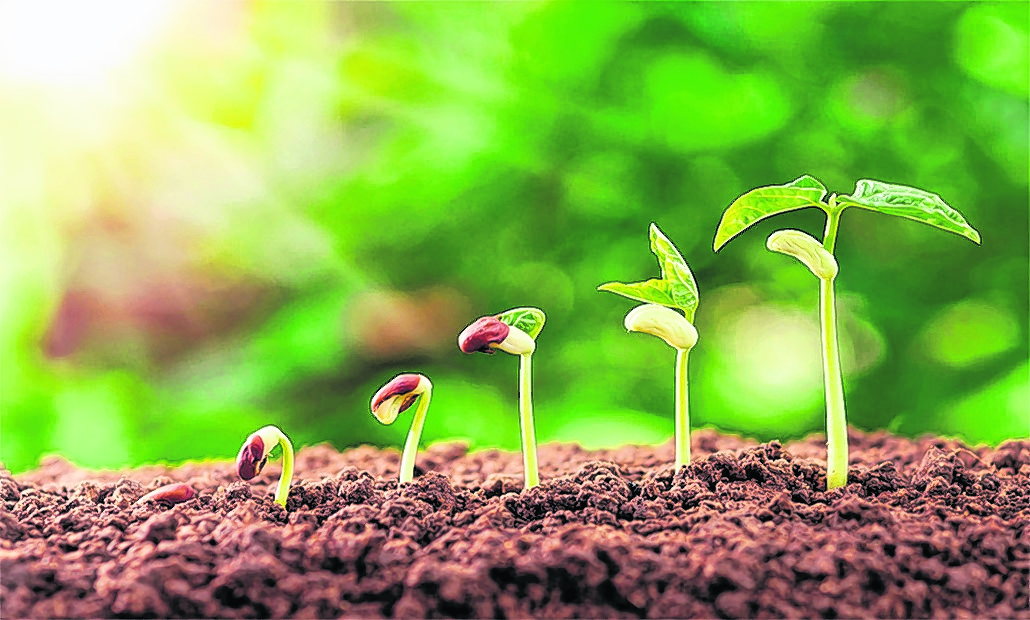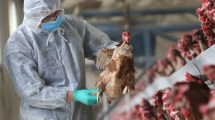Raixa Llauger*/ Jaime Cárdenas**
Epidemiological surveillance is an important tool to detect the introduction of new pests or to control their spread. It is necessary to strengthen a regional vision of the area.

Plant health is key for the sustainable development of agriculture, as well as for feeding a growing world population between now and 2050.

It is undeniable that both our health and the health of the planet depend on plants, as they are the source of the oxygen we breathe. Not only that. Plants come from much of the food we eat, the fibers that make our clothes, and a variety of other materials for bioengineering and construction, among other products.
May 12 was the International Plant Health Day designated by the United Nations with the aim of raising awareness about how the protection of plant health can help end hunger, reduce poverty, protect biodiversity and the environment, and promote economic development.
Climate change and human intervention also impact plant health due to the alteration of ecosystems and damage to biodiversity. This generally favors new niches for the pests to increase their prevalence. Travel and international trade, which has tripled in volume between 2013 and 2023, cause pests to appear in places never before recorded.
There are many priority lines for the advancement of strategies that allow strengthening Plant Health, for example, the pest risk analysis (ARP), which must be articulated at the national, regional and international level and include the new climate scenarios in its evaluation. .
On the other hand, epidemiological surveillance is an important tool to detect the introduction of new pests or to control their spread. It is necessary to strengthen a regional vision of plant health, which requires joint efforts and coordination between countries and regions.
This implies a greater harmonization of binding sanitary measures, recognition of equivalent systems, establishment of reliable traceability systems, intersectoral integration and strengthening of institutions involved in these areas, as well as working in a coordinated and transparent manner through the articulation of all the sectors involved in the countries, both public and private.
In addition, the world outlook is complex due to the aftermath of the covid-19 pandemic, the current global economic crisis, wars and internal conflicts, and a very unstable climate offer.
In response to all this, FAO contributes to advancing pest risk analysis by strengthening the technical and institutional capacities of countries to improve plant health. In addition, provides assistance in the development of information systems and sanitary coordination mechanisms between countries to reduce the risks associated with transboundary pests and diseases.
The Organization provides policy guidance to improve plant health, make crops increasingly sustainable in an economic, social and environmentally friendly way; and supports countries to effectively prepare them for detect, assess and respond to emerging pests, providing international and regional coordination to help members mitigate phytosanitary risk.
FAO reiterates its commitment to continue supporting the strengthening of the institutions in charge of pest management, and invites co-responsibility of the private sector, public-private articulation and the involvement of society as a whole.
Protecting plant health by encouraging environmentally friendly practices is essential!
* Agriculture Officer of the Food and Agriculture Organization of the United Nations (FAO)
** FAO plant health specialist.
To comment on this note you must have your digital access.
Subscribe to add your opinion!
Subscribe
